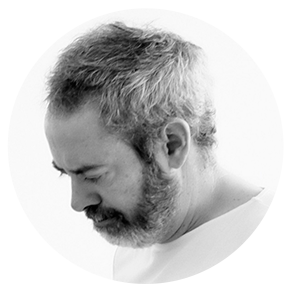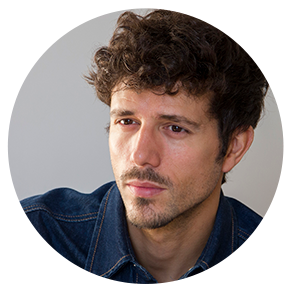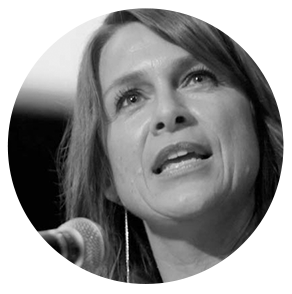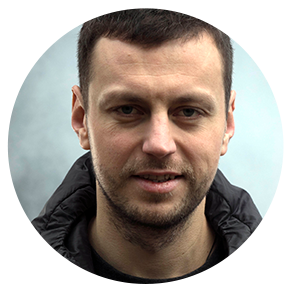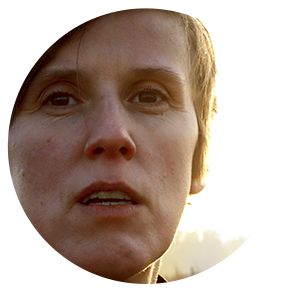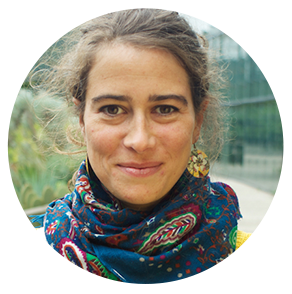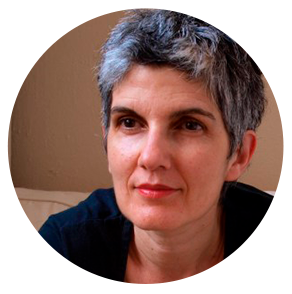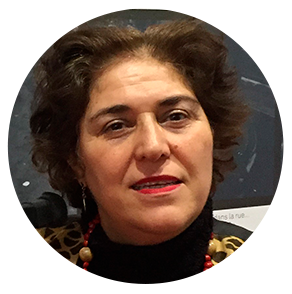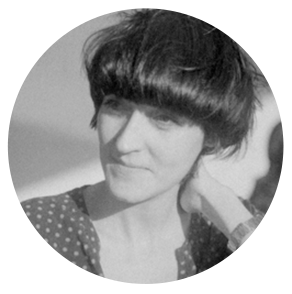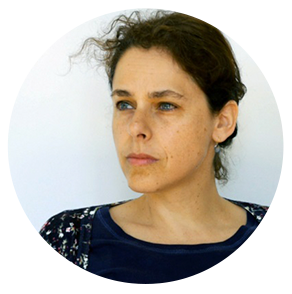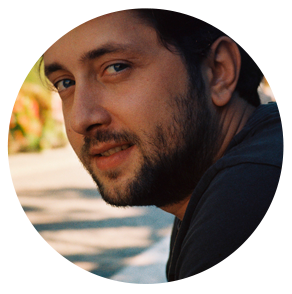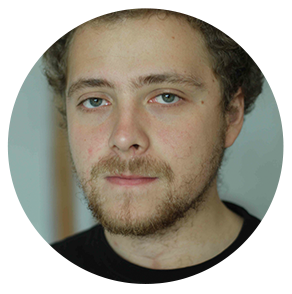Award
Jean Loup Passek
D. Quijote
Running for
BEST INTERNATIONAL FEATURE LENGTH FILM
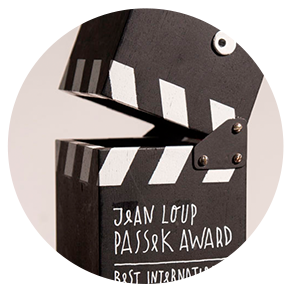
SACAVÉM
Júlio Alves | Portugal, 2019, 65'
Running for the Jean-Loup Passek Award forBEST INTERNATIONAL FEATURE LENGTH FILM
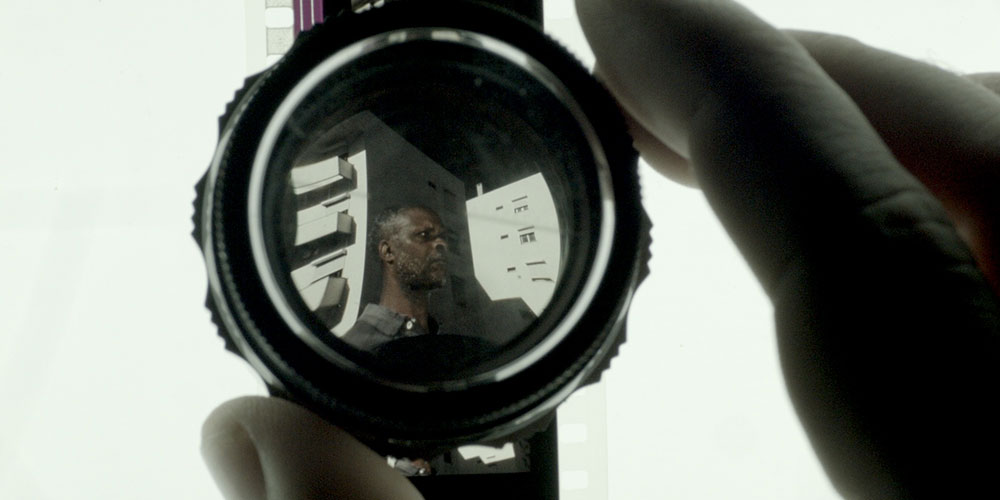
"Sacavém" is a journey through Pedro Costa’s films and focused on his work on "Casa de Lava, "Ossos", "In Vandas Room", "Colossal Youth" and "Horse Money". Built on the visual and sound landscape of Pedro Costa’s films and accompanied by his owns reflections on the matter, "Sacavém" serves the audience has a window on how Costas cinema is sensed and conceived.
- Photography: Miguel Saraiva
- Sound: João Alves, Hugo Leitão
- Editing: Hugo Santiago
- Production: Júlio Alves / Midnight Express
LÚA VERMELLA RED MOON TIDE
Lois Patiño | Spain, 2020, 85'
Running for the Jean-Loup Passek Award forBEST INTERNATIONAL FEATURE LENGTH FILM
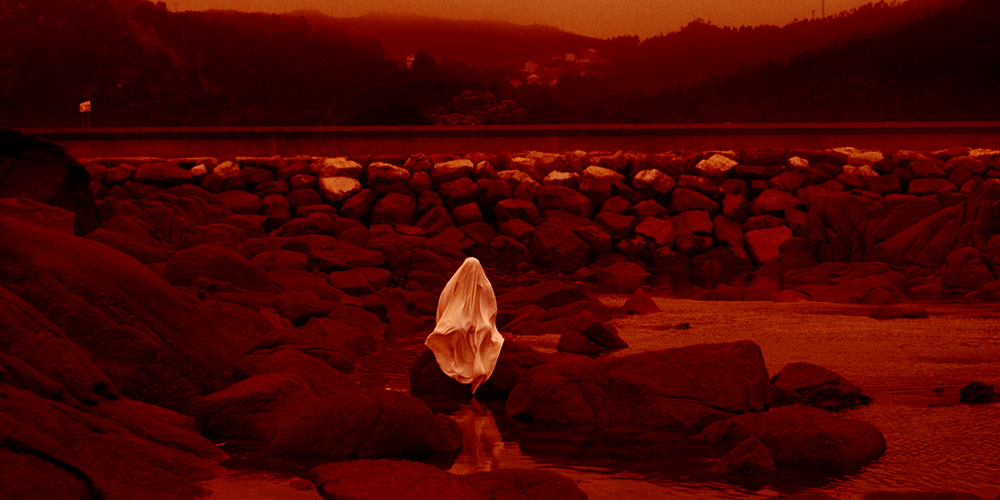
Time seems to stand still in a village in the Galician coast. Everybody there is paralysed although we can still hear their voices: they talk about ghosts, about witches, about monsters. Three women show up, they are trying to find Rubio, a sailor that has recently disappeared in the sea.
- Photography: Lois Patiño
- Sound: JUan Carlos Blancas
- Editing: Pablo Gil Rituerto, Óscar de Gispert, Lois Patiño
- Production: Zeitun Films
GUERRA WAR
José Oliveira, Marta Ramos | Portugal, 2020, 105'
Running for the Jean-Loup Passek Award forBEST INTERNATIONAL FEATURE LENGTH FILM
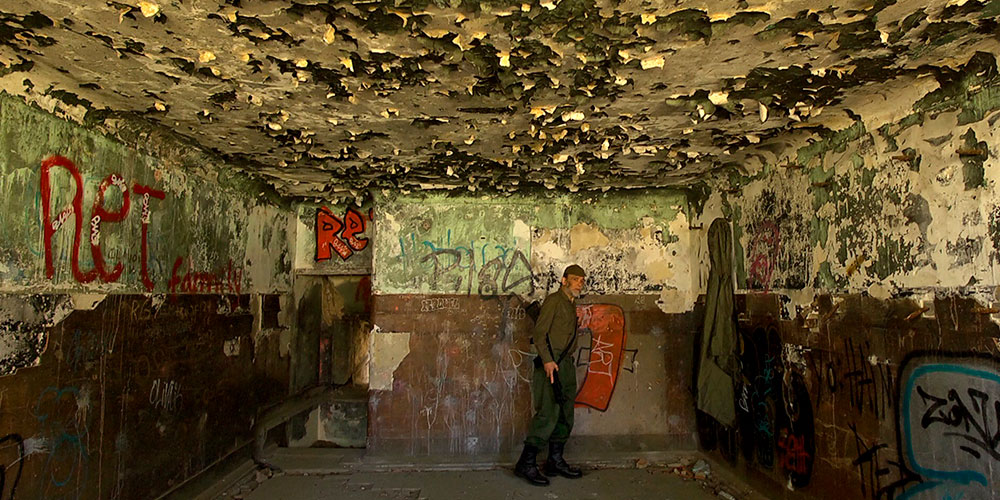
Based on the recollection of a current Portuguese language teacher, we will follow Manuel, his father, a former combatant in our colonial war and constantly tormented by these memories. We will go with him to the depths of the physical spaces that obsess him - from the training barracks to the lakes and gardens of his youth and falling in love - as well as the abyss of his memory - war and passion together, inextricable, in a battle that asks or screams as immemorial existential doubts.
- Photography: José António Loureiro, Manuel Pinto Barros, Pedro Bessa
- Sound: Felipe Zenícola, Bernardo Theriaga
- Editing: José Oliveira, Marta Ramos
- Production: Abel Ribeiro Chaves - Optec - Filmes, José Oliveira, Marta Ramos
iHUMAN
Tonje Schei | Norway / Denmark, 2019, 99'
Running for the Jean-Loup Passek Award forBEST INTERNATIONAL FEATURE LENGTH FILM
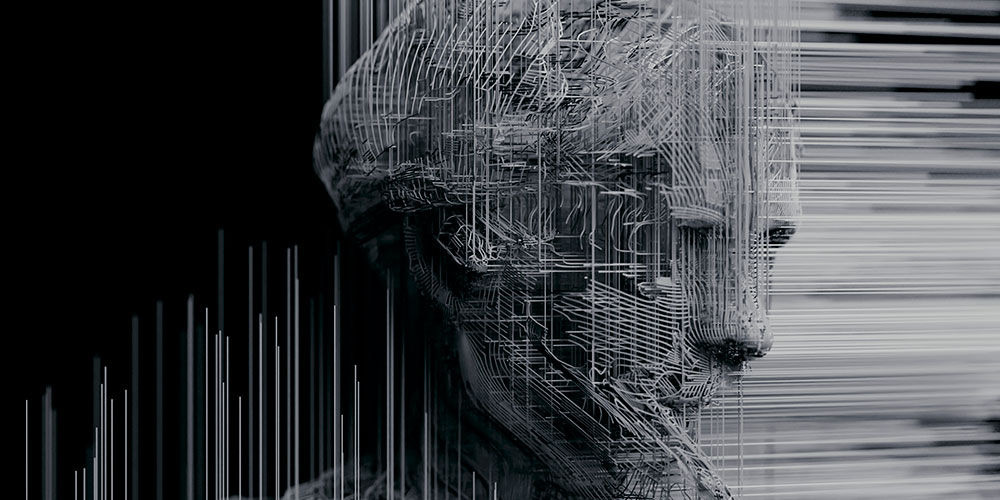
iHUMAN is a political thriller that explores the creeping expansion of artificial intelligence under an illusion of democracy and freedom of choice. The film follows pioneers on the front lines of the invisible AI revolution, exposing how this technology is being developed and implemented. In iHuman, some of the brightest minds in the AI industry decryot a roadmap to our future. Who is really holding the code?
- Photography: Henrik Bohn Ipsen
- Sound: Sølve Huse-amundsen
- Editing: Torkel Gjorv, Aleksander Kvam
- Production: Jonathan Borge Lie For Upnorth Film
DENTRO DA MINHA PELE IN MY SKIN
Toni Venturi, Val Gomes | Brazil, 2020, 86'
Running for the Jean-Loup Passek Award forBEST INTERNATIONAL FEATURE LENGTH FILM
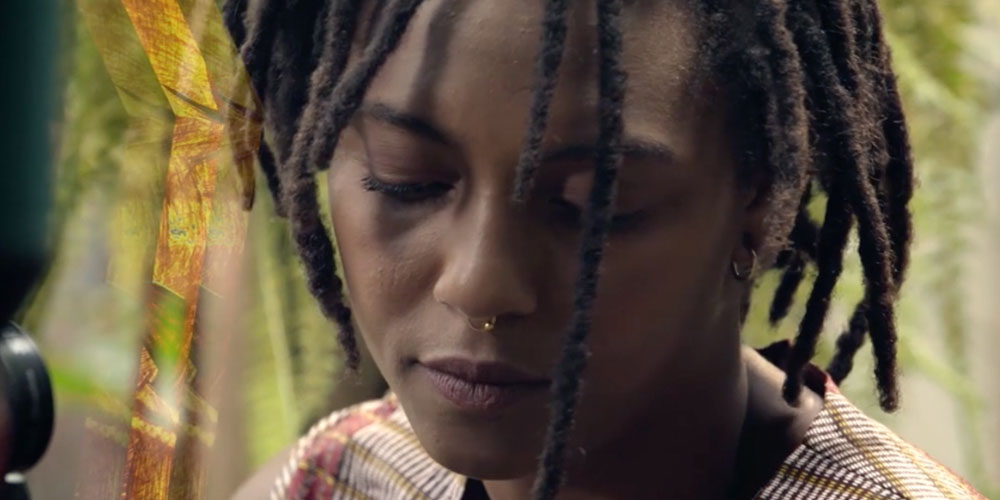
A powerful impression of deep-rooted everyday racism in Brazil. The last country in the western world to abolish slave labor. The film is a superbly composed blend of interview clips, poetry, music, historical material and reflections.
- Photography: Daniel Fagundes
- Sound: Evelyn Santos
- Editing: Marcola Marinho, Paulo Alberto
- Production: Camila Abade
STRIP AND WAR
Andrei Kutsila | Poland / Belarus, 2019, 68'
Running for the Jean-Loup Passek Award forBEST INTERNATIONAL FEATURE LENGTH FILM
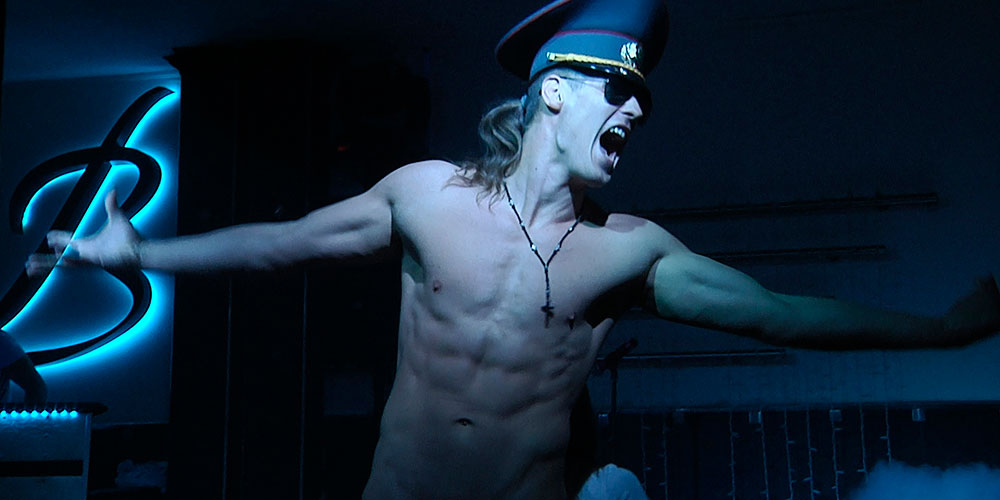
The film tells the story of a small family, consisting of a grandfather retired from the army, and his stripper grandson. It is not just a story of a relationship, but rather a reflection of entire Belarus and the post-Soviet, pro-Russian world. Moreover, it’s a universally-recognized reflection of a generation gap.
- Photography: Andrei Kutsila
- Sound: Mihail Knu
- Editing: Andrei Kutsila
- Production: Belsat
COLOMBIA IN MY ARMS
Jenni Kivistö, Jussi Rastas | Finland, 2020, 91'
Running for the Jean-Loup Passek Award forBEST INTERNATIONAL FEATURE LENGTH FILM
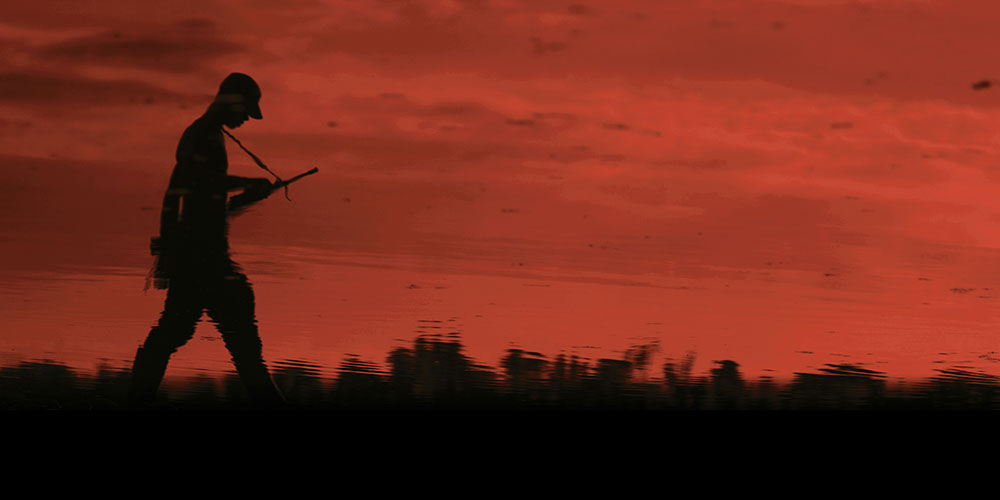
Ernesto is one of many FARC guerrillas who dream about a better country worth fighting for, but this time without a weapon. However, the peace agreement — aimed at ending 52 years of armed conflict — throws the polarized society into chaos, with everyone fearing for the future and their own survival. What happens to a fragile peace in an unequal country when doing the "wrong" thing may easily be justified as the only means of struggle? Colombia in My Arms is an intimate, strong and sincere portrait of people at the extremes of Colombian society.
- Photography: Jussi Rastas
- Sound: Rasmus WINTHER Jensen
- Editing: Jenni Kivistö, Jussi Rastas, Sully Reed, Antti Jääskeläinen
- Production: Markku Tuurna
OECONOMIA
Carmen Losmann | Germany, 2020, 89'
Running for the Jean-Loup Passek Award forBEST INTERNATIONAL FEATURE LENGTH FILM

Layer by layer, OECONOMIA reveals how the rules of the contemporary capitalist game systematically precondition growth, deficits and concentrations of wealth. With particular shrewdness and rigor OECONOMIA articulates the more egregious aspects of capitalist economy rendered invisible by the prevalent media coverage.
- Photography: Dirk Lütter
- Sound: Peter Rösner, Till Röllinghoff, Etienne Haug, Detlev Schmelzenbach
- Editing: Henk Drees, Carmen Losmann
- Production: Hannes Lang, Mareike Wegener
AQUI Y ALLI, JOURNAL D’UNE EXILÉE AQUI Y ALLI, DIARY OF AN EXILED WOMAN
Emma Fariñas | France, 2020, 52'
Running for the Jean-Loup Passek Award forBEST INTERNATIONAL FEATURE LENGTH FILM
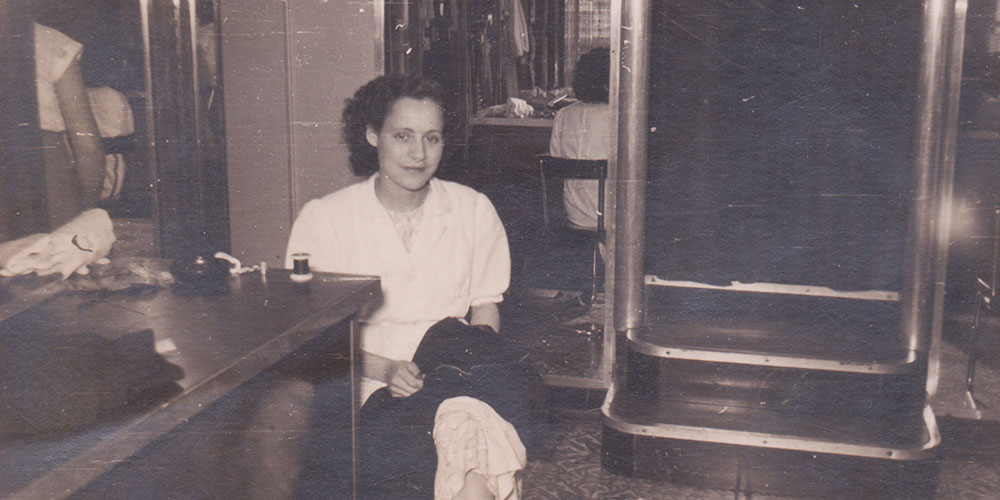
As she was cleaning her grandmother’s flat, who had just died, Anna found a notebook. In there, she discovers a secret love story, lived during the Spanish Republic euphoria in the 1930's. Photographies are interlaced and bring back memories of times gone. Between France and Spain, Lucia's singular route is revealed, the voice of a woman forced into emancipation in the tumult of History.
- Photography: Emma Fariñas
- Sound: Alexandre Lesbats
- Editing: Ugo Zanutto
- Production: Les Productions de L’oeil Sauvage /// Les Zooms Verts
VISÕES DO IMPÉRIO VISIONS OF EMPIRE
Joana Pontes | Portugal, 2021, 93'
Running for the Jean-Loup Passek Award forBEST INTERNATIONAL FEATURE LENGTH FILM
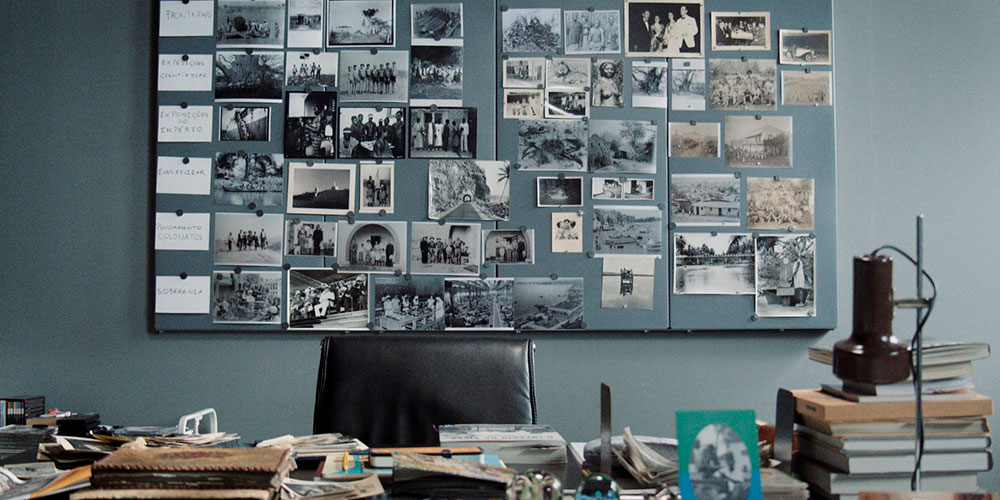
Visions of Empire is a collective journey to the colonial past through a selection of photographs from the Portuguese Empire, taken between the end of the 19th century and the Carnation Revolution in 1974, which put an end to both the political regime that governed Portugal and the colonial status of several African territories which only became independent in 1975, after a protracted war.
- Photography: Rui Xavier
- Sound: Armanda Carvalho
- Editing: Rui Branquinho, Joana Pontes
- Production: Filipa Reis, Patrícia Faria
THE ENCHANTED WORDS OF THE HUPD’ÄH OF THE AMAZON - MASTERS OF KNOWLEDGE
Mina Rad | France, 2020, 52'
Running for the Jean-Loup Passek Award forBEST INTERNATIONAL FEATURE LENGTH FILM
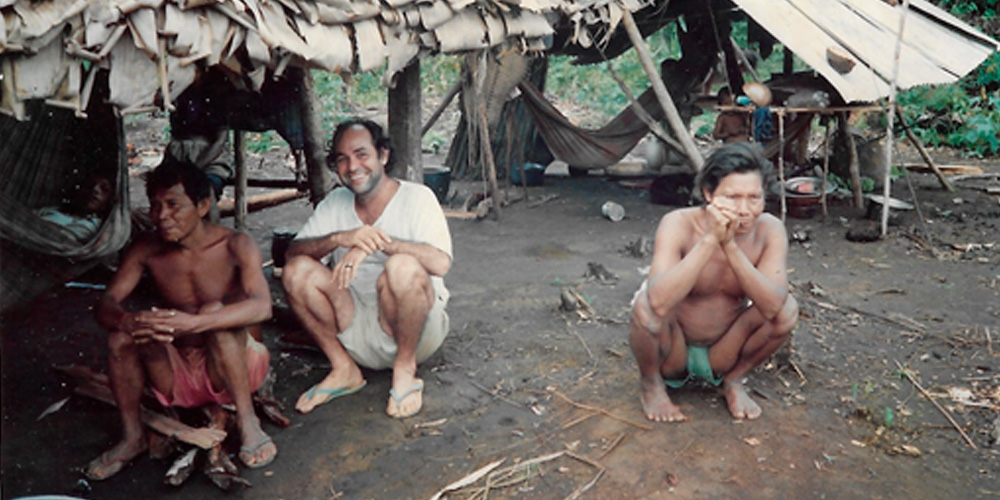
“Humanity is nature,” the Hupd’äh say. The Hupd’äh are one of 210 Amerindian groups in Brazil. They live in the Uaupés river basin, in the heart of North-West Amazon. In their cosmology, there is no separation between the animal, plant and mineral orders. Music and words have transformative powers, which are often incomprehensible to Western societies. This film provides a new approach for debating the relationships between humans and non-humans. It is based on ethnographic notes, sound and footage produced by ethnologist Renato Athias in the 1980s, from his interactions with the Hupd’äh clan chiefs Bihit, Mehtiw and Casimiro – the Masters of Knowledge.
- Photography: Mina Rad
- Sound: Mina Rad
- Editing: Isabel Castro
- Production: World Cultural Productions
DISPLACED
Sharon Ryba-Kahn | Germany, 2020, 90'
Running for the Jean-Loup Passek Award forBEST INTERNATIONAL FEATURE LENGTH FILM
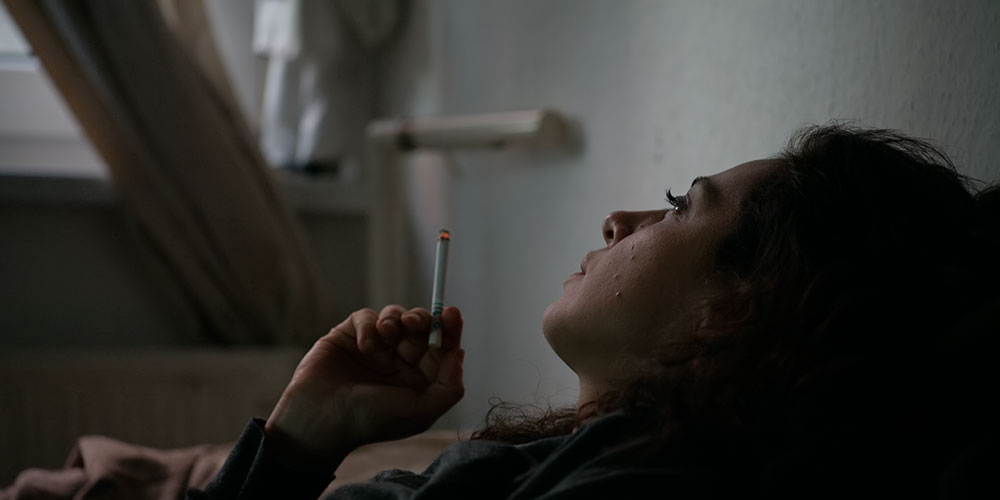
Sharon is Jewish and a third generation of survivors. When her estranged father Moritz contacts her again after 7 years, it becomes an impetus for her to reconstruct her father’s family history. From here on a journey begins in which Sharon tries to understand who her father is and who his parents were.
- Photography: Omri Aloni
- Sound: Kai Ziarkowski
- Editing: Evelyn Rack
- Production: Alex Tondowski, Ira Tondowski
DIYALOG DIALOGUE
Selim Yildiz | Turkey, 2020, 93'
Running for the Jean-Loup Passek Award forBEST INTERNATIONAL FEATURE LENGTH FILM
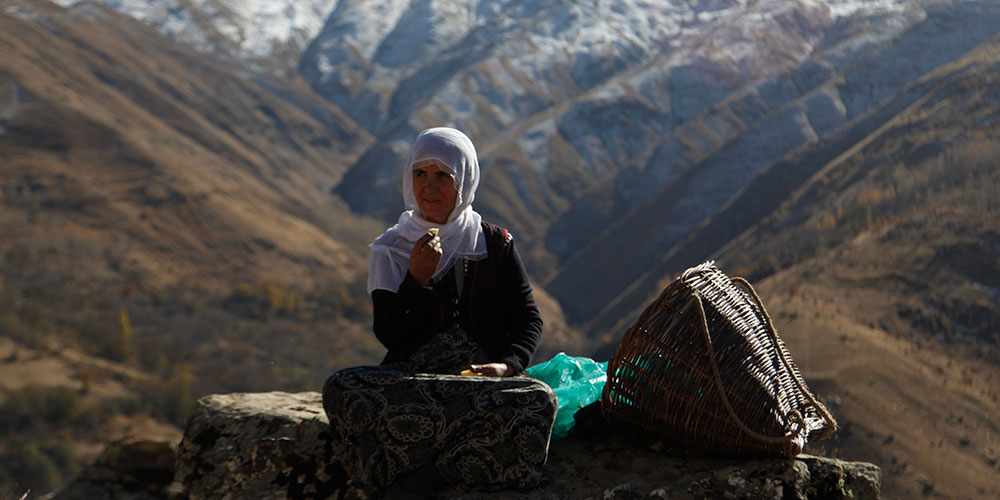
We are witnessing a long-lasting and devastating war with deep roots in Turkey, in Kurdistan, in spite of the changing facets of the seasons, mother Besna longs for her son Enes’ return with the same compassion, fixing her eyes at snowy mountains and deep valleys in Mezra Sexan, a village of Bahçesaray, Van. It is heard about Enes, who suddenly disappeared in 2008, that he joined PKK (Kurdistan workers’ Party) ranks, but until 2015 his family is unaware of whether he is alive or not. Having learned that Enes is in Rojava, mother Besna’s dark, desperate anticipation is replaced with lively hopefulness and the longing for reunion.
- Photography: Selim Yildiz
- Sound: Selim Yildiz
- Editing: Selim Yildiz
- Production: Selim Yildiz
PRAZER, CAMARADAS!
José Filipe Costa | Portugal, 2019, 105'
Running for the Jean-Loup Passek Award forBEST INTERNATIONAL FEATURE LENGTH FILM
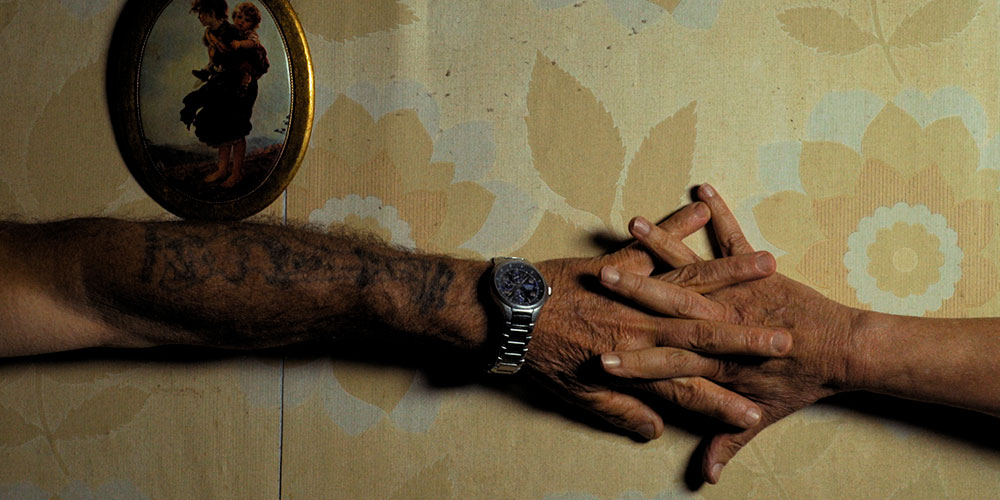
1975, the year after the Carnation Revolution. Eduarda, João and Mick come from Northern Europe to work in the co-ops in the occupied farms of Portugal. They come to help with the land and the livestock, give medical appointments and family planning classes, show sexual education films and participate in traditional dances. They ask a lot of things, but the “comrades from the South” have more questions than answers: Do you want to know who we are? How we treat our women and children? How we live together and how we love? Come! We will find each other peculiar, and we will surely disagree on many things, but it’s all part of this revolutionary celebration!
- Photography: Hugo Azevedo
- Sound: Rúben Costa
- Editing: João Braz
- Production: Filipa Reis, João Miller Guerra
AMOR FATI
Cláudia Varejão | Portugal, 2020, 102'
Running for the Jean-Loup Passek Award forBEST INTERNATIONAL FEATURE LENGTH FILM
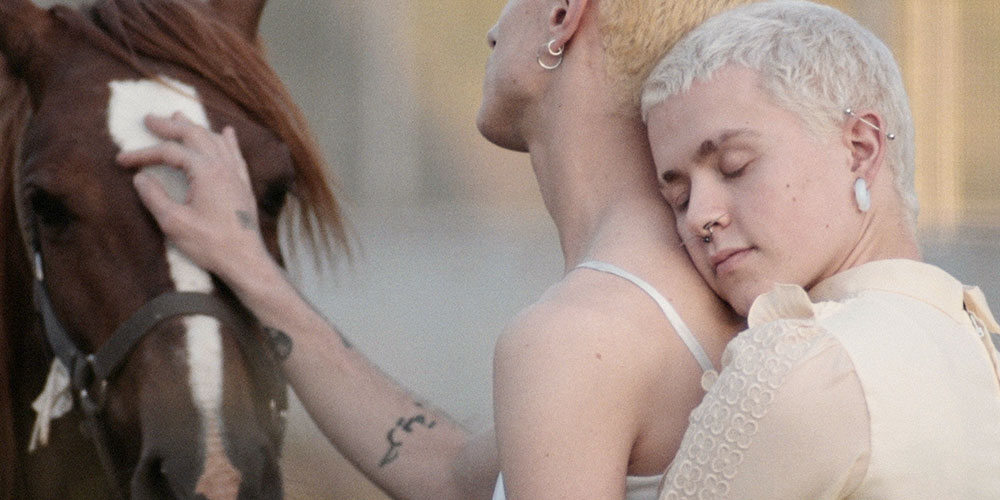
Amor Fati seeks out parts that complete each other. These are portraits of couples, friends, families and pets and their owners. They share the intimacy of daily life, habits, beliefs, tastes and even some physical traits. From their faces, from the choreography of their gestures, we unveil the story that binds them. Drawn from everyday life, right before our eyes the film portrays a chorus of affection and the collective memory of a country, evoking Aristophanes’ speech in Plato’s Symposium: Do you desire to be wholly one; always day and night to be in one another’s company? For if this is what you desire, I am ready to melt you into one and let you grow together, so that being two you shall become one.
- Photography: Cláudia Varejão
- Sound: Cláudia Varejão, Takashi Sugimoto, Adriana Bolito
- Editing: João Braz, Cláudia Varejão
- Production: Terratreme Filmes
ANA E MAURIZIO
Catarina Mourão | Portugal, 2020, 64'
Running for the Jean-Loup Passek Award forBEST INTERNATIONAL FEATURE LENGTH FILM
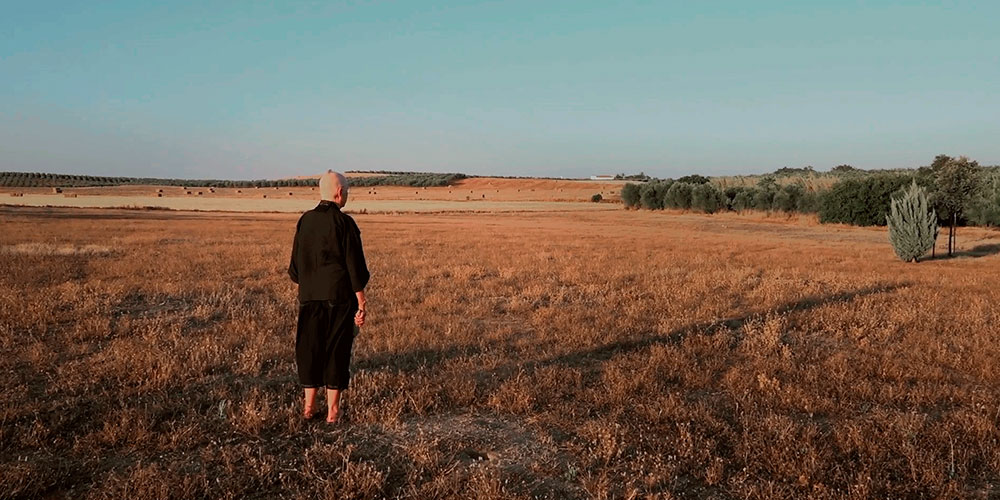
The painter Ana Marchand always felt a bit dislocated in her family. The love of art and travel, where did she get those from? As a young woman she saw a travel book written by her uncle Maurizio Piscicelli and finally understood. Catarina Mourão (Pelas Sombras, A Toca do Lobo, O Mar Enrola na Areia) follows Ana’s familiar and spiritual journey. Who was Maurizio? Who is Ana? The face of one, the face of the other. Reincarnation are the several lives we live.
- Photography: Catarina Mourão, Tiago Figueiredo
- Sound: Armanda Carvalho, Catarina Mourão
- Editing: Pedro Mateus Duarte
- Production: Laranja Azul / Catarina Mourão
ACASA MY HOME
Radu Ciorniciuc | Romania, 2020, 85'
Running for the Jean-Loup Passek Award forBEST INTERNATIONAL FEATURE LENGTH FILM
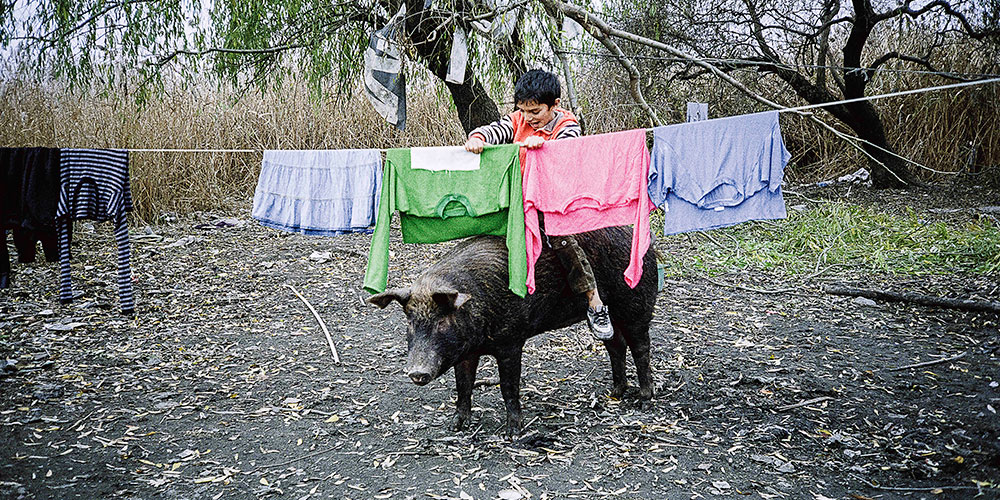
In the Bucharest Delta, the Enache family lived in perfect harmony with nature for two decades, sleeping in a hut on the lakeshore, catching fish barehanded, and following the rhythm of the seasons. When this area is transformed into a public national park, they are forced to leave behind their unconventional life and move to the city. As the family struggles to conform to modern civilization they each begin to question their place in the world and what their future might be. With an empathetic and cinematic eye, filmmaker Radu Ciorniciuc offers viewers, in his feature debut, a compelling tale of an impoverished family living on the fringes of society in Romania, fighting for acceptance and their own version of freedom.
- Photography: Radu Ciorniciuc, Mircea Topoleanu
- Sound: Alex Campan
- Editing: Andrei Gorgan
- Production: Monica Lăzurean-Gorgan
LIFE OF IVANNA
Renato Borrayo Serrano | Russia, 2021, 82'
Running for the Jean-Loup Passek Award forBEST INTERNATIONAL SHORT OR MEDIUM LENGTH FILM
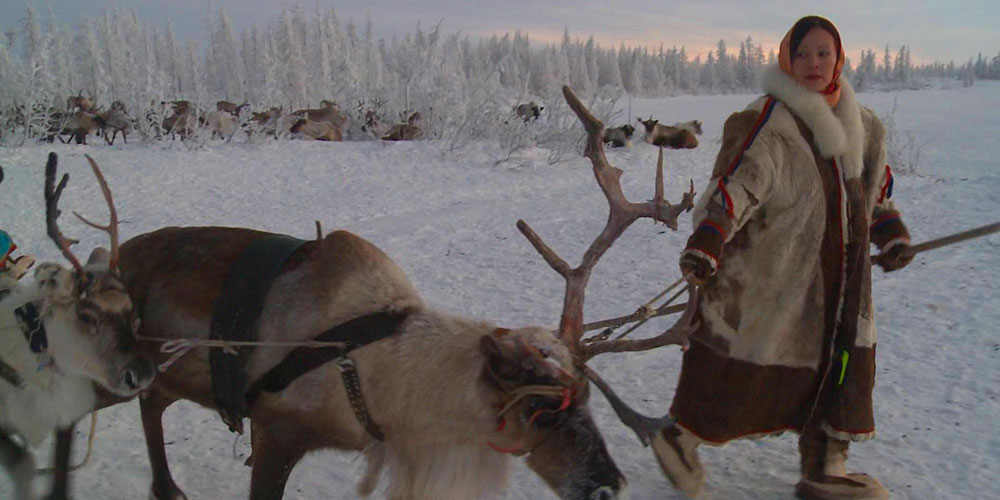
Strong and passionate, Ivanna is a young Nenets woman and mother of 5 children. Alone with them in the harsh environment of the Arctic tundra, she lives the traditional way of life of Nenets nomadic people: herding reindeer through the vast tundra in small nomadic communities, moving their houses on sleds and enduring extreme colds. Ivanna does the work that is traditionally done by two people, husband and wife, for her family to survive. The father of her five children, Gena, has become an alcoholic. Given the fast deteriorating conditions of her life in the tundra and in order to take her life in her own hands, Ivanna decides to emigrate to the city. Both an emancipatory drama and a melancholic requiem for the lost way of life in the tundra, this film depicts with great intimacy, the feelings of a woman in the transition to a new life.
- Photography: Renato Borrayo Serrano, Darya Sidorova
- Sound: Israel Bañuelos
- Editing: Inge-Lise Langfeldt, Renato Borrayo Serrano
- Production: Ethnofund Film
ENTRE LEIRAS THE LIFE WE KNOW
Cláudia Ribeiro | Portugal, 2020, 82'
Running for the Jean-Loup Passek Award forBEST INTERNATIONAL FEATURE LENGTH FILM
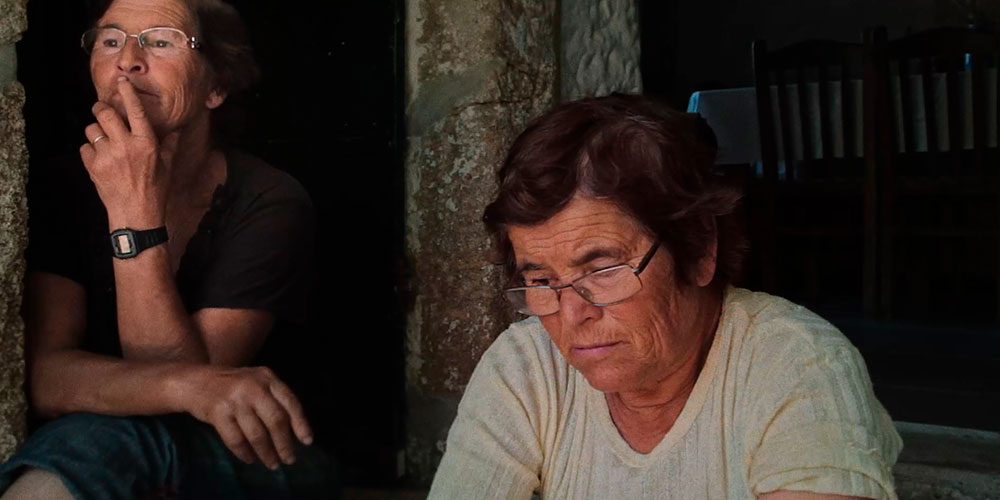
In a hamlet of Portugal’s remote inland, between the rivers Douro and Tâmega, there live about thirty people. At the top of a hill, we find sisters Ana and Glória living in an isolated place which the baker, the fishmonger, the grocer, and their children visit once a week. Everything else comes from the soil, which the two sisters work from sunrise to sunset, amidst the strips of farmed land. We follow the agricultural cycle over the course of a year as the relationship between the director and the protagonists ripens. The veil is lifted on these women’s day-to-day lives and their deepest thoughts about life in the countryside, the only life they know.
- Photography: Cláudia Ribeiro
- Sound: Cláudia Ribeiro
- Editing: Cláudia Ribeiro, João Miller Guerra, Raul Domingues
- Production: Cláudia Ribeiro, Filipa Reis, João Miller Guerra
